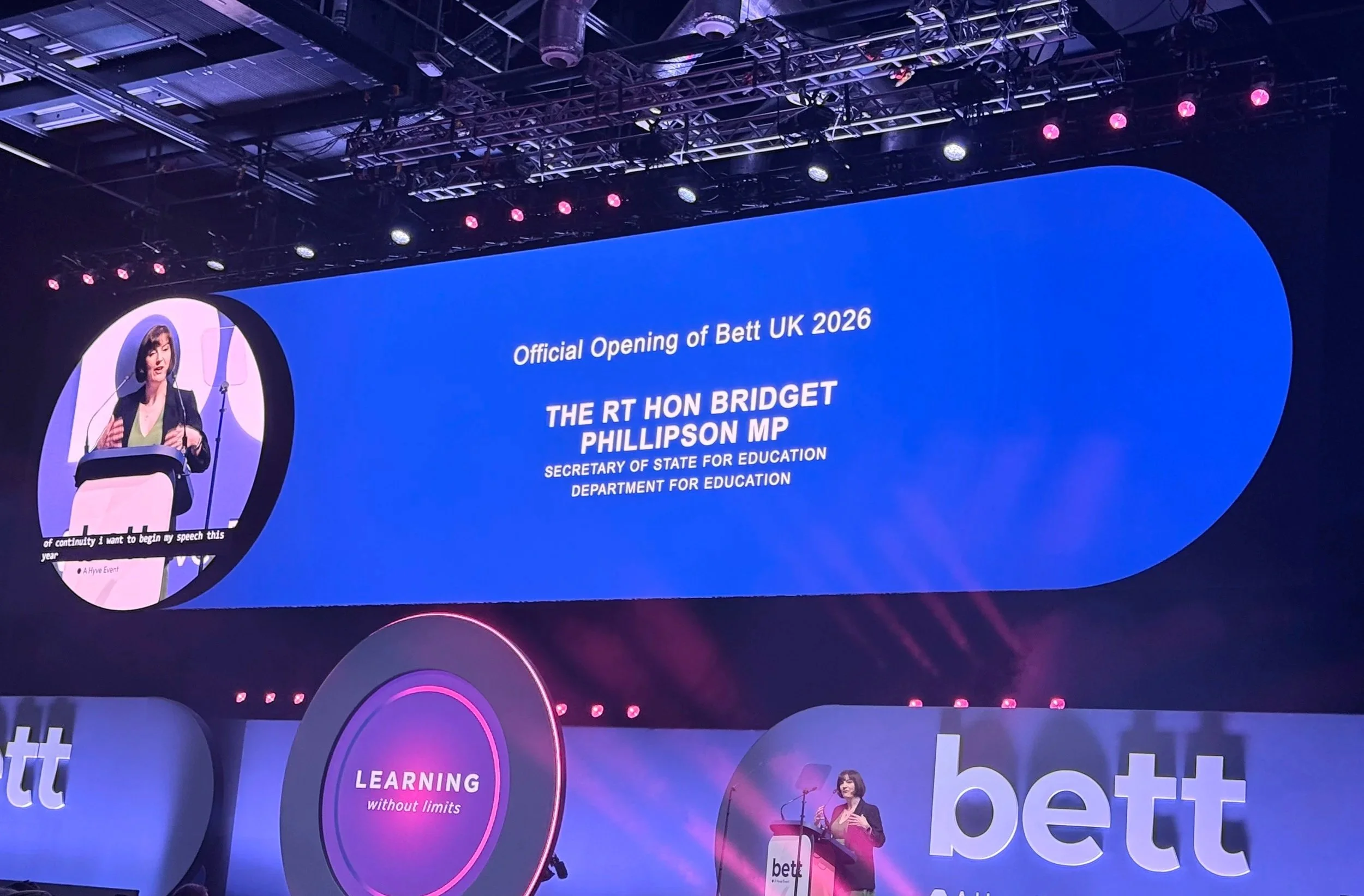Building a memorable brand for your hospitality business from top to bottom
Every business needs a powerful brand. This is especially true of businesses that are supposed to provide an impactful experience. More than just a place to put your head for the night, that’s what hotels are supposed to do.
A good brand should communicate what the customer can expect from their stay, as well as making the experience more immersive and emotionally resonant, as well. For that reason, here, we’re going to look at how you can establish that brand for your hotel or B&B from every angle.
Photo credit: Pexels.
Define Your Brand Identity
First of all, you should make sure that you have some sense of identity, some sense of what you want your hotel to be, and what thoughts and emotions it should evoke. Your brand identity clarifies who you are, what you stand for, and why your guests should care.
Having a strong sense of purpose can help you define your brand identity, but you should also think about your target audience and the specific appeals of your business when you’re crafting that brand.
Creating a brand story gives you the opportunity to centralize these ideas into a core narrative, from which it becomes a lot easier to make sure that any marketing media you create is consistent and focused.
Establish Your Brand Language
A good brand identity and story can serve as the foundation that the rest of your branding efforts grow out of. However, a brand bible that covers the various elements of your branding is just as important.
Establish your logo, your color palette, typography, and imagery, ensuring that it all tells a cohesive story. Strong visuals help differentiate your hotel from the competitors, making your brand more memorable.
Taking these elements and putting them into a brand bible creates a set of guidelines that ensures that any future marketing efforts follow the same brand style. This means that, even if you’re working with different marketing teams, graphic designers, or writers, you are able to provide the touchstones that they can include to make your marketing true to your brand and consistent above all else.
The Guest Experience Has To Back It Up
If staying at your hotel doesn’t reinforce and live up to the brand, then your story isn’t worth the paper that it’s printed on. You have to make sure that you consider the guest experience matches your brand identity or, rather, that your brand identity is born out of what your guests can really expect.
Every touchpoint, from the booking process to check-out matters, as does how your staff treats your guests. Ensure that they are trained to embody your brand in their communication, service style, and attention to detail.
Amenities, decor, and even the scent of the rooms should match your brand to create a consistency between online promises and real-world experiences that builds loyalty and establishes the credibility of your brand.
Optimize Your Online Presence
Nowadays, the first way that most guests interact with a hotel or B&B to begin with is online. As such, you have to be able to establish your brand identity online just as effectively as you can in your hotel.
Having a fast-loading, visually appealing, and mobile-optimized website increases your chances of getting potential guests to interact with your brand for longer. A seamless booking process and authentic storytelling through your content are important, too.
You can even get marketing support for boutique hotels, specifically, to improve the reach and impact of your brand. If you don’t know how to use the strengths of different marketing platforms, such as search engines and social media channels, then you should work with those who do know them.
Leverage The Customer Experience
If you are able to follow through with your promises to your customers and create a memorable and impactful stay for them, then don’t underestimate how valuable that can be to your brand. Not only do you have happy customers who may be more likely to recommend your hotel or B&B, but you have a story to share as well.
Tap into your customers’ positive experiences by asking them to leave reviews that you can feature on your website. You can even incentivize them to spread word-of-mouth, such as with vouchers for future stays based on referrals they help you get.
The Importance Of Storytelling
All across your branding, be it on your website, in your brochures, or in advertisements that you craft, you should ensure that you have a strong penchant for storytelling in your brand.
This doesn’t always have to be synonymous with your brand story. Either. It can include things like stories about your origin, local partnerships, or specific events or deals that you’re running in the business.
Guests love to emotionally connect with a brand that feels genuine and human, so make sure that you focus on the emotional impact of the stories you share. Even including members of your staff can help to create a connection with them, and show the real people behind the logos and visuals.
Measure, Refine, And Evolve
Your brand isn’t something that’s set in stone, never to change. Instead, it should always be in an ongoing process of refinement. You should ask for feedback not just from your guests, but your employees, as well, to see how accurately or engagingly your brand represents your hotel.
Don’t neglect ot use analytics to measure the effectiveness of branding and marketing performance, as well. Online reviews, social engagement, and repeat bookings can all be great indicators of how well your brand resonates with your audience.
You should stay adaptable, updating your visuals, launching new digital campaigns, and even adjusting your messaging to fit with the season and the time. A strong, consistent core to rely on is good, but it should be able to evolve as you need it, too.
Creating a memorable brand for your hotel requires work. It requires a well-thought-out, comprehensive approach from top to bottom. However, it can definitely be worth it for the loyal customers and the word of mouth that it helps you build.































